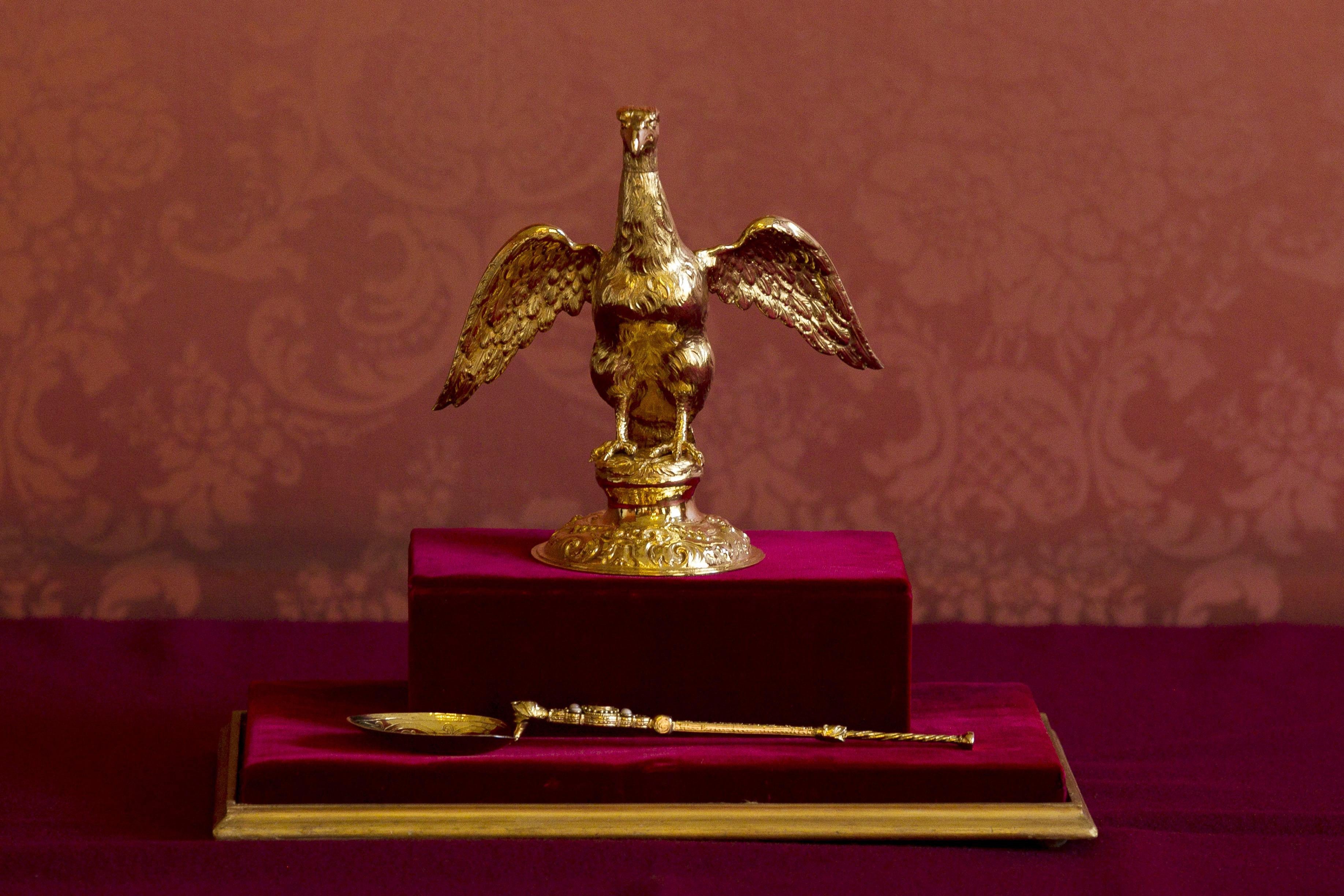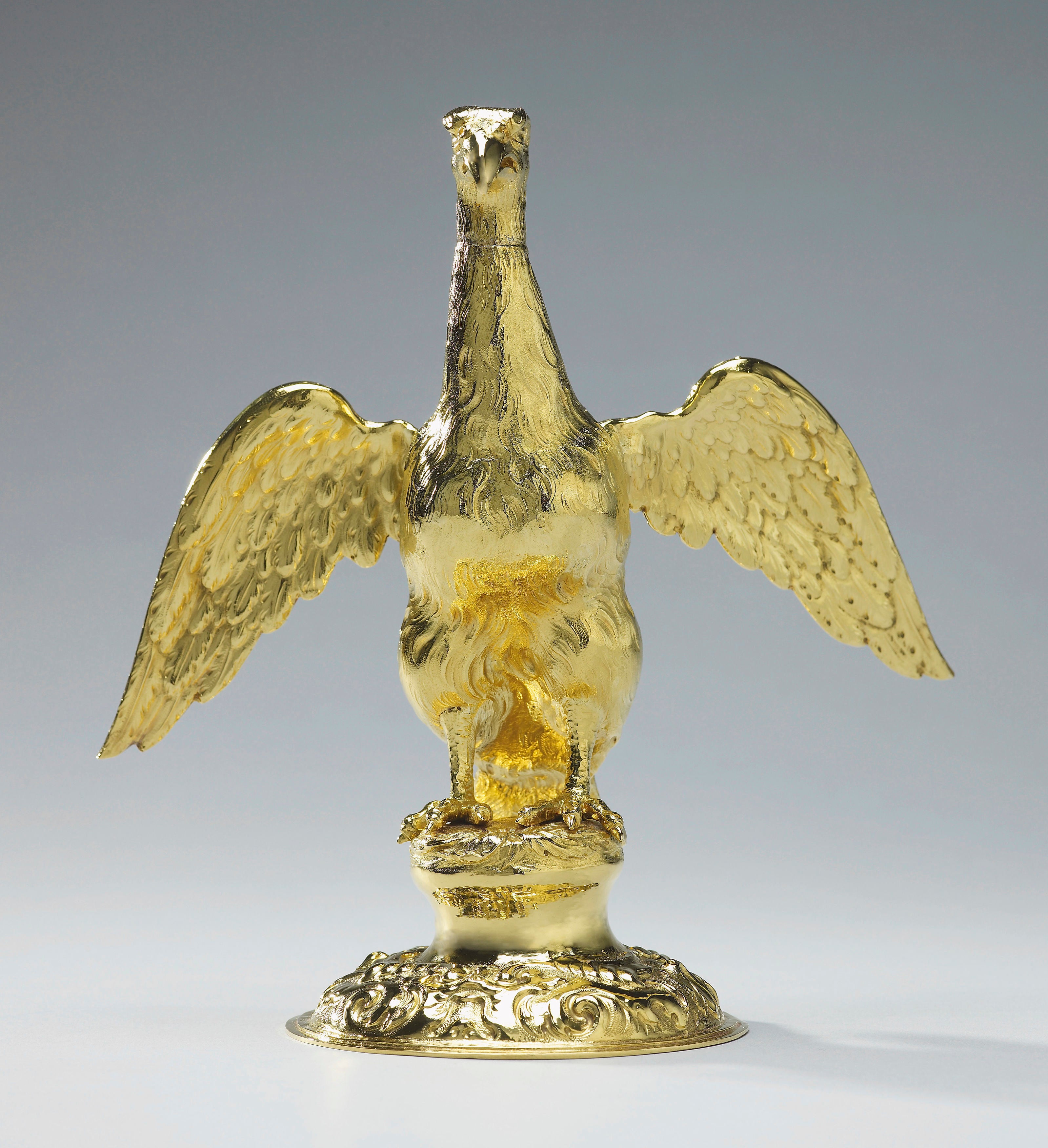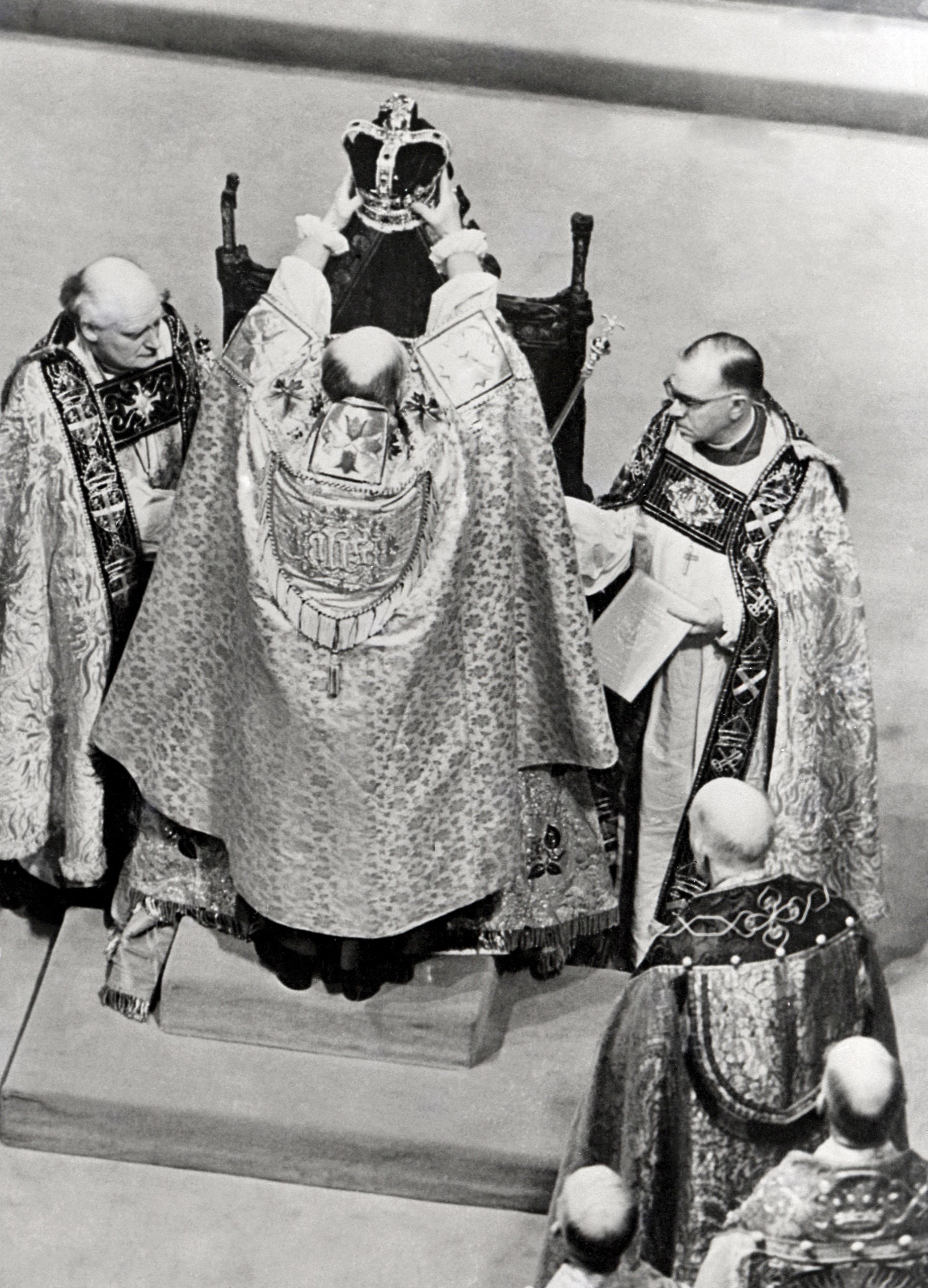
The coronation of King Charles III and Queen Consort Camilla is taking place on Saturday 6 May.
As we approach the big day, Buckingham Palace has been revealing more details about the events that will unfold as Britain crowns a new monarch for the first time in more than 70 years.
The last coronation that took place was that of the late Queen Elizabeth II in 1953. Since her death in September 2022, King Charles ascended the throne and the royal family has seen several role changes.
Past coronations have involved a number of traditional rituals. However, it is understood that Charles wishes to have a more modern ceremony and may forego some of the lengthier rituals.
A statement from Buckingham Palace said that His Majesty’s coronation will “reflect the monarch’s role today and look towards the future, while being rooted in longstanding traditions and pageantry”.
The King will not forego the most sacred part of the ceremony: the anointing of the sovereign. This tradition is so sacred that it was hidden from public view during Queen Elizabeth’s own anointing – and it has been revealed that Charles will do the same.
The holy oil that was traditionally used for coronations past contained civet oil, from the glands of the small mammals, and ambergris from whale intestines. The formula was used at Queen Elizabeth’s ceremony and is hundreds of years old.
However, the holy oil that will be used at Charles’ coronation is vegan-friendly, in order to reflect modern anti-animal cruelty sentiments. It is made with olive oil, pressed just outside Bethlehem, and perfumed with essential oils such as sesame, rose, jasmine, cinnamon, neroli, benzoin and amber and orange blossom.
The “chrism oil” uses olives harvested from two groves on the Mount of Olives, a mountain ridge to the east of Jerusalem’s Old City.
The mysterious anointing ceremony, known as the Act of Consecration, will take place before the investiture and crowning, and is carried out by the Archbishop. At Charles’s coronation, the Archbishop of Canterbury will be the one to anoint the King.
According to the Royal Collection Trust, the Archbishop will pour holy oil from the Ampulla (vessel) into the Coronation Spoon, a silver-gilt spoon with an oval bowl and decorated with pearls and engravings. The Ampulla is a solid gold flask in the shape of an eagle, believed to have been crafted in 1661 for the coronation of Charles II.

Westminster Abbey, where the coronation will be held, describes the ampulla and spoon as “the most important” objects used in the ceremony. They have both been used for hundreds of years, with the spoon first recorded in 1349. It is the only piece of royal goldsmith’s work to survive from the 12th century.
The Archbishop will dip two fingers into the holy oil and anoint the sovereign on the hands, breast and head. This is a tradition that dates back to the Old Testament, in which the anointing of Solomon by Zadok the Priest and Nathan the Prophet is written.
“Anointing was one of the medieval holy sacraments and it emphasised the spiritual status of the sovereign,” the RCT writes on its website.

The monarch was considered to have been appointed directly by God until the 17th century, a holy role that was confirmed by the anointing. Although monarchs are no longer considered to be divine, the anointing ceremony continues to confirm the monarch as the Supreme Governor of the Church of England.

During Queen Elizabeth’s coronation, she sat in the Coronation Chair while a gold canopy was held above her by four Knights of the Garter. Hers was the first coronation to have ever been televised, but when the moment of anointing arrived, the canopy was moved to block the Queen from public view.
According to the BBC, as he anointed her, the Archbishop said: “Be thy head anointed with holy oil: as kings, priests, and prophets were anointed. And as Solomon was anointed king by Zadok the priest and Nathan the prophet, so be you anointed, blessed and consecrated Queen over the Peoples, whom the Lord thy God hath given thee to rule and govern.”
It is likely the same words will be uttered during Charles’ anointing, replacing the words “Queen over the Peoples” with “King over the Peoples”.







